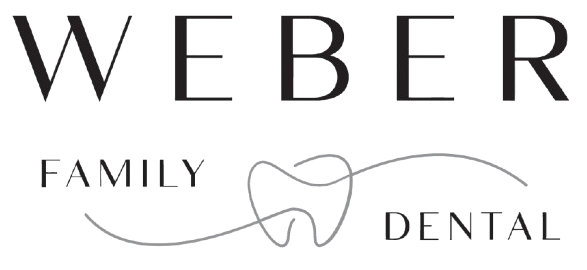Top Dentists Discuss Charcoal Toothpaste Pros and Cons
How Charcoal Toothpaste Can Damage Tooth Enamel
Activated charcoal has become an exciting new health trend – not only in terms of dietary health but also in dental care. Yet even though it could seem healthy, it could actually be dangerous to your teeth. Here’s what you need to know.
Activated charcoal is a black powder made out of burned material. Activated charcoal is frequently used to prevent poisoning because it is porous enough to absorb certain toxins. The activated charcoal does no harm and soaks up toxins and poisons in the stomach. This ingredient can be used by both humans and animals in this way. Consequently, activated charcoal has become a popular ingredient in many foods and soaps.
When activated charcoal is put in toothpaste, it’s intended to whiten your teeth because the charcoal is used to lift stains from your teeth and make your teeth look whiter and brighter. Activated charcoal does not have to be included in toothpaste – some people just buy it and use it like they would baking soda. While this may appear to be very effective, there are some dangers as well.
The reason activated charcoal is able to lighten stains on your teeth is because it’s made out of very fine, abrasive grains, which wear the stains off. Since the charcoal is abrasive, it can cut through the plaque and then begin wearing down the enamel on your teeth. Enamel cannot be replaced, therefore your teeth will become vulnerable to cavities and sensitivity.
Studies haven’t shown that using activated charcoal improves your dental health, so you may not gain any benefits from using it on your teeth. While activated charcoal is used in many health remedies because it soaks up toxins in your stomach, it doesn’t necessarily mean that it does much for your teeth.
Dentists have cautioned that activated charcoal might have the opposite effect. In the short term, it looks as though your teeth are brighter because the stains and plaque have been rubbed away. However, long term, your tooth enamel will wear down. The dentin inside of your teeth will start to show. Dentin is the tissue that makes up the bulk of the teeth. Dentin is a darker color, so your teeth will look a darker shade. Since tooth enamel can’t be re-grown, long-term use of charcoal will be cumulative.
There are also some health risks that could impact your oral health. Here are some of the risks associated with using activated charcoal on your teeth:
- Irreversible erosion of your tooth structure
- Dental sensitivity
- Gum recession
- Increased risk of cavities
- Gum inflammation and trauma
Some patients also wonder, “Can you use activated charcoal toothpaste on crowns, veneers, or other dental restorations?” While not totally detrimental to these types of dental work, the abrasiveness of charcoal toothpaste could impact the integrity of the restorations.
If you want to whiten your teeth, see your dentist! Dr. Heather Weber of Jordan Weber Dental in Tualatin can tell you which types of whitening products are best for you and tell you how to use products correctly to minimize sensitivity, excess abrasion, and other problems.
Call our dental team today at (503) 692-6535 and speak with one of our professionals.

